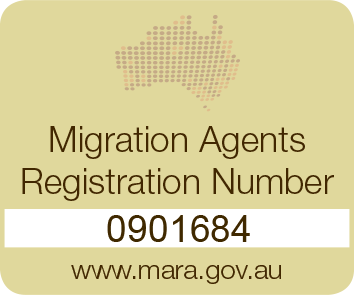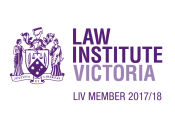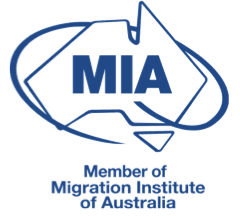.
Dan and Nina* sought out our advice to solve their complex migration law issue. Nina, an Irish citizen, and Dan, an Australian citizen, were living in Ireland during the COVID-19 pandemic. They had previously lived in Australia and wanted to return to Australia to see friends and family after many years apart. However, Nina had a colourful Australian visa history and had experienced multiple Visitor visa refusals and was most recently subjected to a 3-year bar on returning to Australia.
By way of background, a summary of Nina’s immigration history is as follows:
- She was residing with Dan in Australia on a Bridging visa E (‘BVE’) whilst awaiting the outcome of her lodged Subclass 186 (Employer Sponsored) visa. Without her knowledge, her employer withdrew their nomination resulting in Nina overstaying her visa. The Department of Home Affairs (‘DHA’) advised Nina and she made steps to rectify her visa status.
- Due to incorrect migration advice and unawareness of the consequences of her visa status, Nina applied for a Subclass 651 (eVisitor) visa to travel home to Ireland. She travelled out of Australia whilst holding a BVE. This resulted in a 3-year ban on applying for any temporary visa whilst out of Australia; essentially meaning she could not return to Australia for 3 years unless she applied for a permanent visa.
- Due to the 3-year ban, Nina’s Subclass 651 (eVisitor) visa was refused. Nina and Dan remained in Ireland for the next 3 years. In that time, the couple decided to try and apply for a waiver for the 3-year ban and apply for another Subclass 600 (Visitor) visa. The waiver request and the visa were subsequently refused.
When the couple came to us, the 3-year ban had lapsed and they decided that they needed professional legal advice to avoid any more hiccups along the way. We advised that Nina would be eligible to apply for the Subclass 600 (Visitor) visa again and we would provide a significant amount of evidence to ensure a successful grant and to outweigh the previous visa refusals – of which the Department can view negatively. We addressed the refusals in our legal submission and disclosed them on the new decision-ready application.
Australia’s international travel border remained in place during this time, and therefore we had to apply for a travel exemption based on Nina being a spouse of an Australian citizen, Dan. We provided a sufficient amount of evidence proving that they were in a genuine and continuing marriage. The travel exemption was approved shortly after submission.
The Subclass 600 (Visitor) visa was then granted only a month after lodgement. The couple were ecstatic to hear the good news that they were finally able to return to Australia despite there being an international border in place.
If you have a complex migration matter or are slightly confused about your situation, please book a consultation with one of our migration agents to discuss your future in Australia!
*Names changed

 Points Test
Points Test
 Book Now
Book Now 


